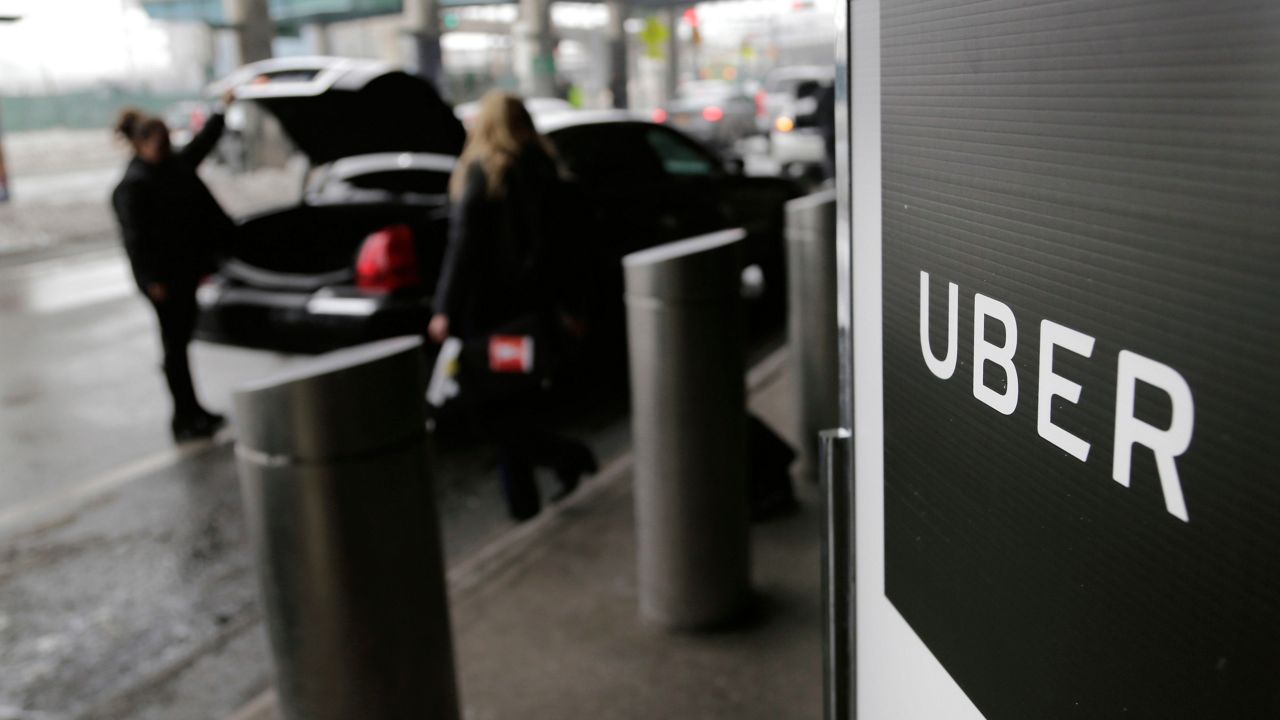The Justice Department has filed a lawsuit against Uber, alleging that the ride-sharing giant violated the Americans with Disabilities Act (ADA) by charging "wait time" fees to passengers who need more time to enter a car due to a disability.
“People with disabilities deserve equal access to all areas of community life, including the private transportation services provided by companies like Uber,” Assistant Attorney General Kristen Clarke, who heads the Justice Department’s Civil Rights Division, said in a statement.
"This lawsuit seeks to bring Uber into compliance with the mandate of the Americans with Disabilities Act while sending a powerful message that Uber cannot penalize passengers with disabilities simply because they need more time to get into a car," she added. "Uber and other companies that provide transportation services must ensure equal access for all people, including those with disabilities."
According to Uber, "in some locations, a rider will be charged a per-minute wait time fee, which will begin 2 minutes after the driver-partner arrives at the rider's location." The company notifies the rider that the charge has begun, and will continue until the trip starts. The policy was implemented in 2016, according to the DOJ.
The lawsuit alleges that Uber violated Title III of the ADA – which prohibits discrimination by private transportation companies – by not reasonably modifying its wait time fee policy for passengers who need more than two minutes to enter the car.
"A passenger may, for example, use a wheelchair or walker that needs to be broken down and stored in the car," the DOJ wrote in a release. "Or a passenger who is blind may need additional time to safely walk from the pickup location to the car itself. The department’s lawsuit alleges that, even when Uber is aware that a passenger’s need for additional time is clearly disability-based, Uber starts charging a wait time fee at the two-minute mark."
The Justice Department is asking the ride-sharing company to modify its policy to be compliant with the ADA and to train its staff and drivers on the landmark law, as well as to pay financial damages to those subjected to the wait time fees and a civil penalty.
The suit was filed in the U.S. District Court for the Northern District of California.
In a statement to Spectrum News, Uber called the lawsuit "surprising and disappointing," adding: "We fundamentally disagree that our policies violate the ADA.""
"Wait time fees are charged to all riders to compensate drivers after two minutes of waiting, but were never intended for riders who are ready at their designated pickup location but need more time to get into the car," a spokesperson for the company said in a statement. "We recognize that many riders with disabilities depend on Uber for their transportation needs, which is why we had been in active discussions with the DOJ about how to address any concerns" prior to the suit.
"It has been our policy to refund wait time fees for disabled riders whenever they alerted us that they were charged," the Uber spokesperson continued. "After a recent change last week, now any rider who certifies they are disabled will have fees automatically waived."
"We fundamentally disagree that our policies violate the ADA and will keep improving our products to support everyone’s ability to easily move around their communities," the statement concludes.



